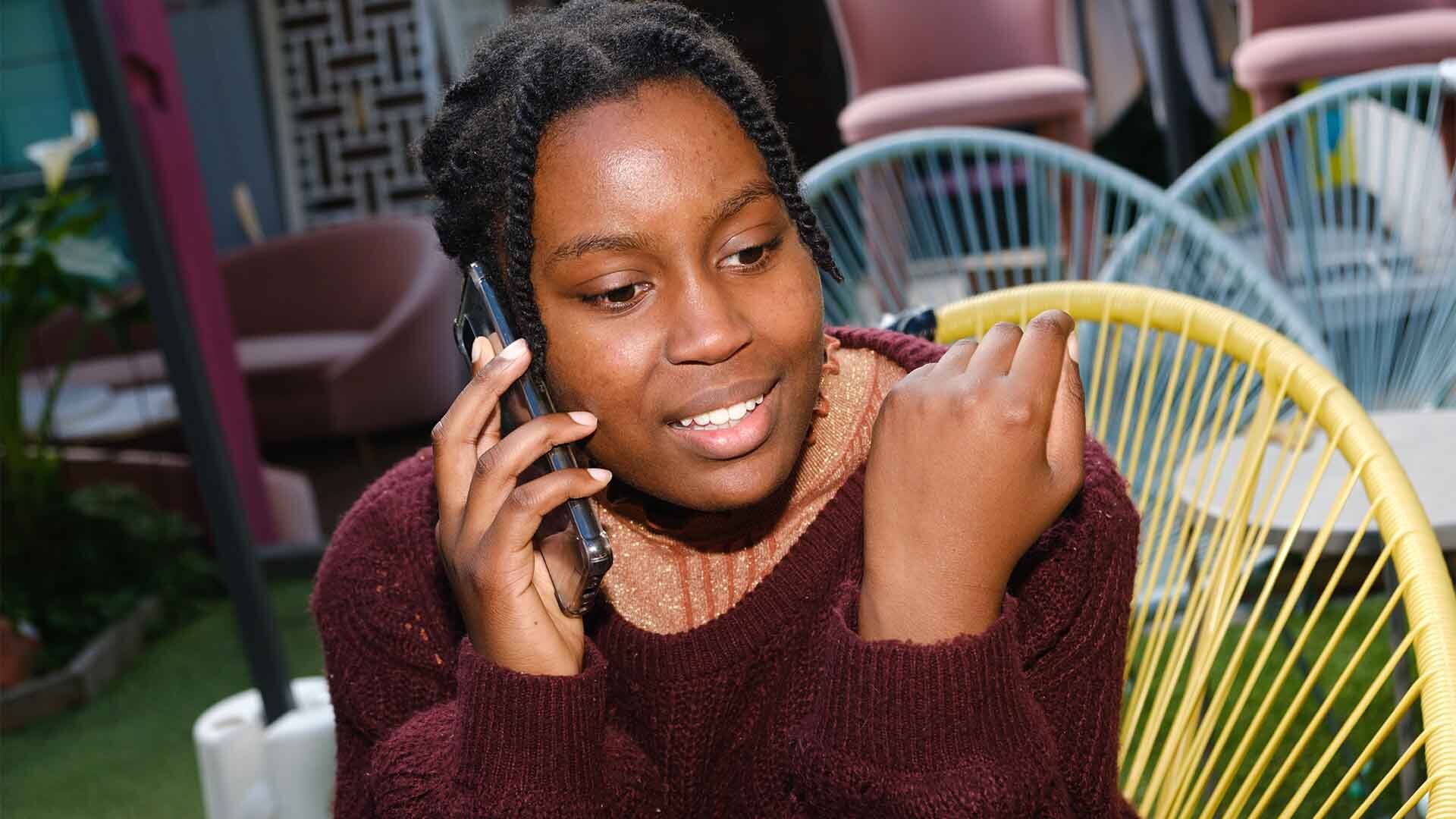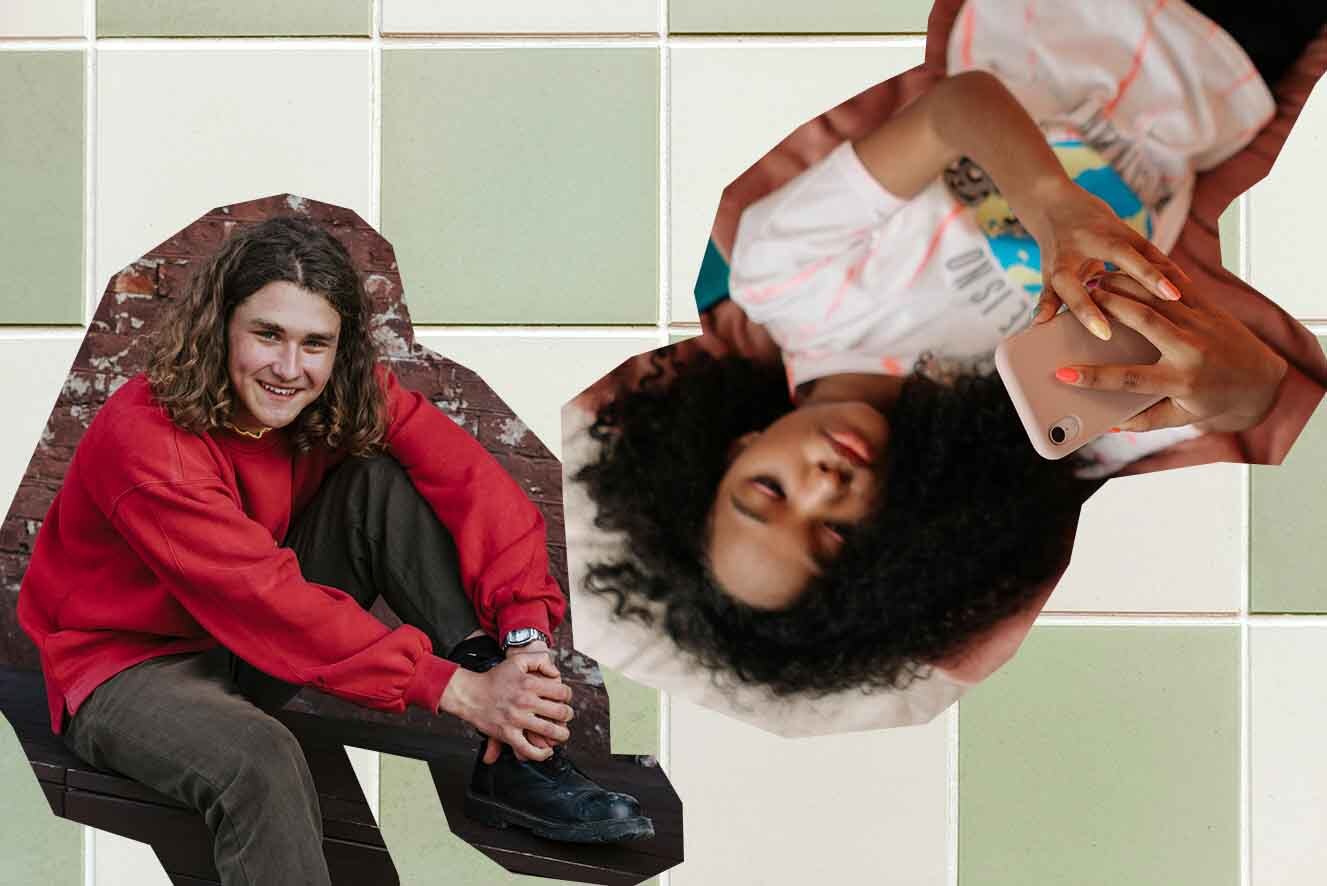We hear communication is everything in a relationship, but what does that actually mean?
Is it about saying the right thing at the right time, reading someone’s mind, or avoiding every awkward moment?
Not quite.
Respectful communication is about being honest, listening properly, and treating the other person like an actual human being, especially when things get tricky.
Whether it’s a relationship, a situationship, or just trying to flirt without sounding like a robot, learning how to communicate well makes everything easier (and more respectful).
Let’s break down what good communication looks like and how you can actually start using it.

Why Respectful Communication Matters
Good communication = stronger relationships. Simple as that.
It builds trust, creates comfort and safety, and helps both people feel heard and respected.
Kind of a big deal, right?
When you communicate clearly, you’re not just sharing your own feelings; you’re showing that you care about the other person’s too. And that’s the foundation of a respectful relationship.
Whether you’re setting boundaries, asking for space (that’s okay, too!), or just trying to understand where someone’s coming from, good communication is what makes it all work.
Plus, being able to express yourself without yelling, ghosting or shutting down? That’s a game-changer.
How to Communicate Clearly and Confidently
Being a good communicator isn’t about being perfect. It’s about being real and respectful.
Try to say what you actually mean, without blaming or assuming.
“I feel like we haven’t hung out much lately, can we fix that?” lands better than “you never make time for me”.
See the difference? One invites conversation, the other starts a fight.
You can also try using “I” statements instead of “you” ones.
“I get overwhelmed when we argue like that” hits different to “you’re always yelling at me”.
Do you see the shift?
Body language matters, too.
A relaxed posture, eye contact (without staring) and a calm tone can all go a long way.

Common Communication Challenges and How to Handle Them
Even the best convos can get messy, especially when emotions are high.
But conflict doesn’t have to mean chaos, so here’s how to handle it:
- Feeling heated? Take a breather. You’re allowed to pause a conversation to cool down and come back with a clearer head, especially if that means you avoid saying something you’ll regret.
- Not sure how to say something? Try writing it down first. Sounds simple, but it helps you figure out what you actually want to say.
- Worried about starting a convo? Try a calm lead-in. “Hey, can we talk about something that’s been on my mind?” is better than launching into a rant.
Been misunderstood? Don’t panic. Try again. Communication is a skill, not a one-time test you pass or fail.
What to Do When Someone Isn’t Listening or Respecting You
Sometimes, no matter how respectful you are, the other person still won’t listen, or worse, make you feel like your voice doesn’t matter.
It’s important to recognise this as a sign that something is off.
A respectful relationship means everybody gets to be heard.
If someone constantly talks over you, shuts you down, or ignores your boundaries, that’s not okay.
You have the right to speak up about it.
And if they don’t respect that? You have the right to walk away.
Full stop.

Ways to Build Stronger, More Respectful Conversations
Good communication takes practice. Here’s how to get better at it:
- Be honest, even about small things. It builds trust.
- Ask questions and actually listen to the answers. Communication isn’t just about talking.
- Check how your words land. If something upsets the other person, listen and adjust.
- Say sorry when you mess up. (And mean it. A genuine apology can go a long way.)
- Be open to feedback. It’s not an attack, it’s a chance to grow.
Whether you’re talking to your partner, a friend or a new crush, respectful communication helps keep things real.
You won’t always get it right, and that’s okay.
What matters is that you try with understanding, care, and a willingness to listen.
If your relationship ever feels heavy or confusing, or your own head feels a bit full, don’t wait it out alone.
Need Support? Try:
- 1800RESPECT – free, confidential support for people impacted by relationships, safety, or abuse
- Lifeline – 24/7 crisis support if you're feeling overwhelmed and need someone to talk to
- QLife – caring, confidential support for LGBTIQ+ people
- 13Yarn – a safe space to talk for Aboriginal and Torres Strait Islander people





